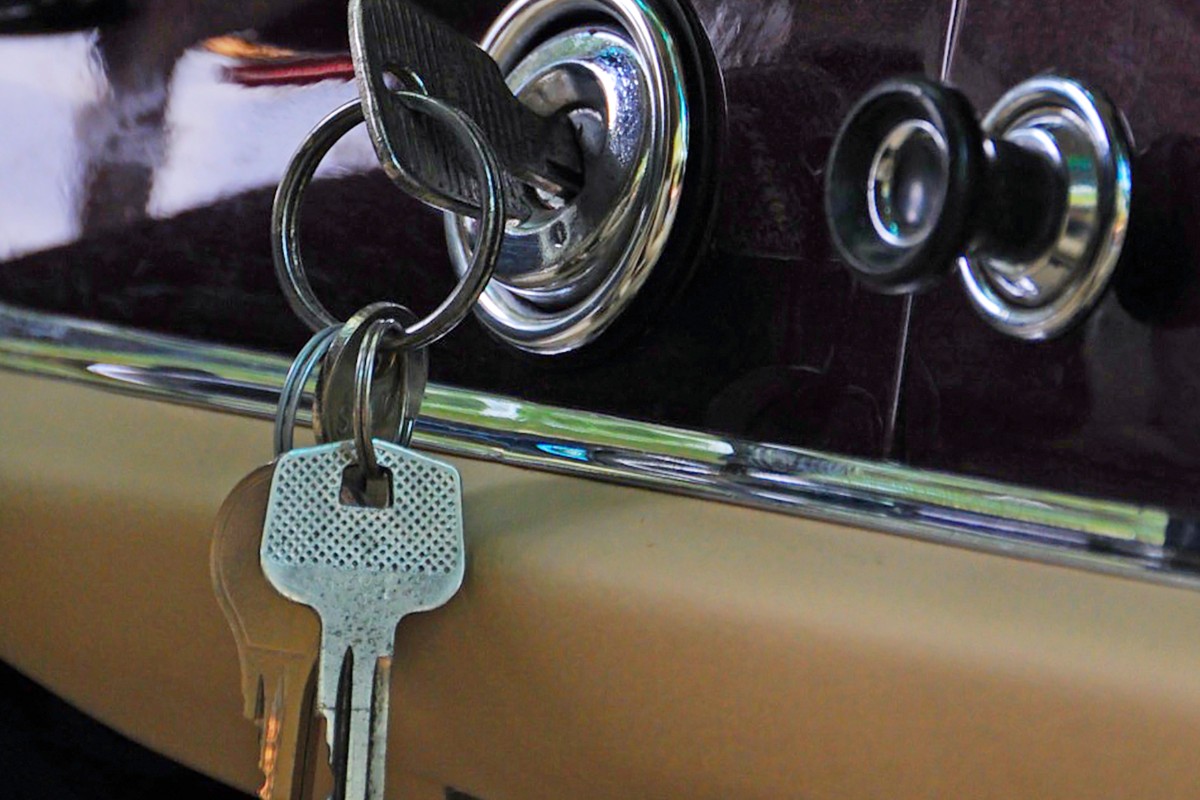
By Andy Brack, editor and publisher | Just look at what happened in neighboring Georgia and you can see that Democrats have the keys to win big elections. But in South Carolina, they haven’t turned on the engine.
 Instead, they lost a U.S. Senate race as well as down-ballot contests for Statehouse and municipal positions in what was supposed to be the year of the blue wave. It was, at best, a ripple as state and local elections were nationalized so much that you’d think House Speaker Nancy Pelosi and Senate leader Chuck Schumer lived in the Palmetto State.
Instead, they lost a U.S. Senate race as well as down-ballot contests for Statehouse and municipal positions in what was supposed to be the year of the blue wave. It was, at best, a ripple as state and local elections were nationalized so much that you’d think House Speaker Nancy Pelosi and Senate leader Chuck Schumer lived in the Palmetto State.
Look at what happened across the nation: Voters were highly engaged with 83 percent saying the winner of the presidential election really mattered to them, according to Pew Research Center. That’s 20 points higher than 12 years ago. Voters also went to the polls. Some 66.4 percent of registered voters cast ballots, the highest percentage since 1900. And they cast the most ballots ever — more than 150 million votes.
In South Carolina, 2.5 million voters cast ballots, a record turnout of 72.1 percent. Four years ago, 400,000 fewer voters went to the polls, a turnout of 67.9 percent.
But in Georgia, registration exploded since 2016 with 1.2 million more voters, according to ABC News. In the 2020 election, about 900,000 more voters cast ballots in Georgia than four years earlier, according to election results.
Much credit for Georgia being competitive in 2020 — and potentially flipping to President-elect Joe Biden — is given to state Democratic leader Stacey Abrams, who narrowly lost the 2018 gubernatorial election after registering hundreds of thousands of mostly black voters.

“Another big surprise, maybe to a lot of people, was the impact Stacey Abrams had on Georgia,” said longtime national Democratic consultant John Podesta in an exclusive interview with Statehouse Report. He is a former chief of staff for President Bill Clinton and counselor to President Barack Obama.
“Registering 800,000 voters in the midterm 2018 election had a really substantial effect that is likely to give Biden the win in Georgia,” Podesta said this week as vote-counting slogged on in Georgia. “If she had not run the race in Georgia that she ran in 2018, there’s no way Biden would have been able to prevail in Georgia as I think he will.”

What’s interesting about what Abrams did in Georgia is that it may be a key for milquetoast state Democratic parties in Southern states that haven’t been able to take back control of legislatures. In 2020 despite voters wanting change in the White House, there were fewer legislative chamber switches — than in any presidential year since 1944, according to the National Conference of State Legislatures.
Registering more voters in Southern states like Mississippi and South Carolina — and then getting them to the polls — is a “base focus strategy” that is a starting point, said Podesta, founder and current chair of the Center for American Progress.
But on top of that, Southern Democrats must have messages of value that resonate and show how they can “compete on the economy and education and other issues besides race and immigration.”
Southern Democrats also have to communicate their values better in rural Southern communities, he added. “We’ve got to have a story to tell about how we’re going to improve the economic well-being, the educational well-being of those voters. We’ve got to deliver now that we’ve promised to attack structural racism and the things that have held African Americans back for so long. We’ve got to deliver on that. But I think the future could be a lot brighter across a number of those states in the South.”
For Democrats to be successful in the South, they’ll have to deal with the nationalization of elections that seem to make local races about national figures like Pelosi and Schumer.
“Once, you could have a completely different identity [as a Southern candidate] than what the national structure looked like,” Podesta said. “I think those days are gone, which means you need a national appeal that is broad and has the capacity to pick up the middle. You can do that, but you’ve got to be ultra-careful about it so that you can win it in states like Georgia and South Carolina.”
Andy Brack is editor and publisher of Statehouse Report. His column also is published in the Charleston City Paper, Florence Morning News, Greenwood Index Journal, The (Seneca) Journal, Camden Chronicle Independent and Hartsville Messenger. Have a comment? Send to: feedback@statehousereport.com.















 We Can Do Better, South Carolina!
We Can Do Better, South Carolina!